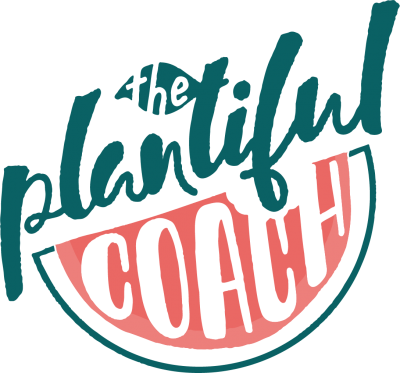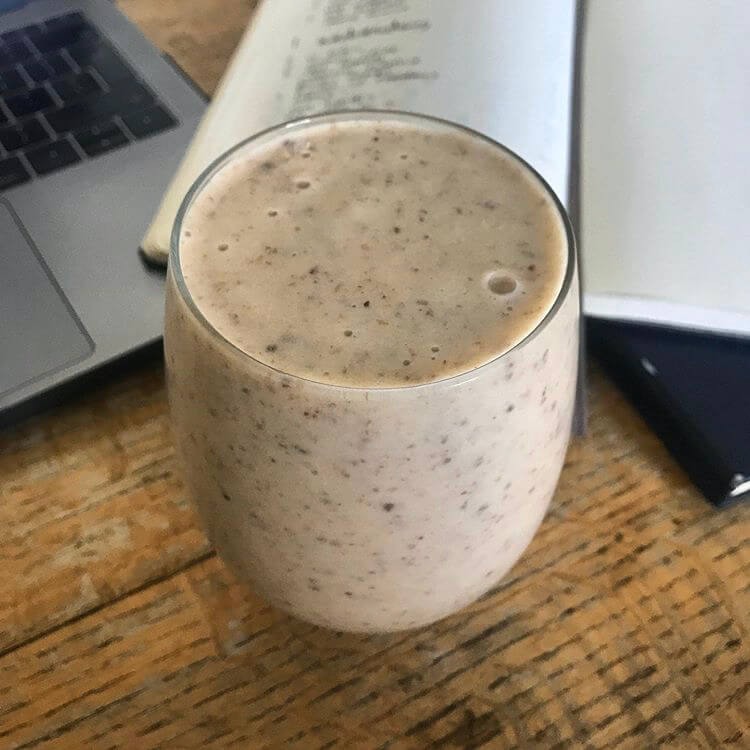Over the years, I’ve come across folks who feel that taking a supplement is somehow unnatural, and that there should be a way to get 100 percent of your nutrition from natural sources like whole plant foods. It’s a nice idea, but the reality is that the world we live in doesn’t allow for this. Mechanised food systems that are built for production efficiency means that some nutritional diversity is lost in the process. Plus, we tend to buy the same foods all the time, and much of it is processed or refined, with many nutrients stripped away.
In any case, even if we look at how people may have lived a couple hundred years ago (before the industrialisation of agriculture) the average life expectancy was much lower1Max Roser, Esteban Ortiz-Ospina and Hannah Ritchie (2013) – “Life Expectancy”. Published online at OurWorldInData.org. Retrieved from: ‘https://ourworldindata.org/life-expectancy‘ [Online Resource] and people were much more likely to develop diseases of undernutrition. Nowadays we have the opposite problem, where diseases of overnutrition (including cardiovascular disease, hypertension, cancer and type-2 diabetes) have reached epidemic status2Chopra M, Galbraith S, Darnton-Hill I. (2002) A global response to a global problem: the epidemic
of overnutrition. Bulletin of the World Health Organization 2002, 80 (12) Available at: https://www.who.int/bulletin/archives/80(12)952.pdf (Accessed: 24.07.2020.
By switching to a whole food plant-based diet, we can get pretty much all the nutrition we need3The Nutrition Source. Healthy Eating Plate. Published online at https://www.hsph.harvard.edu. Retrieved from: ‘https://www.hsph.harvard.edu/nutritionsource/healthy-eating-plate/‘ [Online Resource]. In fact, it’s been shown time and again to be an optimal diet to prevent, treat and reverse chronic lifestyle diseases4Esselstyn CB Jr., Gendy G, Doyle J, Golubic M, Roizen MF. A way to reverse CAD? J Fam Pract. 2014;63:356-364b., and a diet that’s adopted by many athletes to optimise their performance5Barnard ND, Goldman DM, Loomis JF, Kahleova H, Levin SM, Neabore S, Batts TC. Plant-Based Diets for Cardiovascular Safety and Performance in Endurance Sports. Nutrients. 2019 Jan; 11(1): 130. Available at: https://www.ncbi.nlm.nih.gov/pmc/articles/PMC6356661/ (Accessed: 24.07.2020. All that said, there are a few nutrients that you should keep an eye on:
Vitamin B12
This essential nutrient is formed by microbes in soil—back in the day, we used to get trace amounts from eating vegetables ‘contaminated’ with soil6Huan Fang, Jie Kang, Dawei Zhang (2017): Microbial production of vitamin B12: a review and future perspectives. Available at https://www.ncbi.nlm.nih.gov/pmc/articles/PMC5282855/. But in today’s sanitised world, things have changed and we need to find another source. Animal products such as meat and eggs contain vitamin B12—but only because livestock are fed B12 supplements7http://eerainuh.com/wp/wp-content/uploads/2013/09/vitamin_b12_deficiency.pdf. The consequences of a deficiency can be serious and irreversible, including fatigue, mental disorders and paralysis: so don’t risk it. The best option is a sublingual cyanocobalamin tablet (it’s been shown to be the most effectively-absorbed8https://nutritionfacts.org/topics/vitamin-b12/).
Vitamin D
Our bodies form vitamin D (“the sunshine vitamin”) in response to sunlight exposure, however many people are deficient: perhaps because our office jobs keep us indoors, or because we block the rays with clothing or sunscreen. A deficiency can increase our risk of chronic diseases such as osteoporosis9https://pubmed.ncbi.nlm.nih.gov/21872800/ and heart disease10https://www.ncbi.nlm.nih.gov/pmc/articles/PMC2851242/. Get your levels tested, and if necessary you can supplement with a plant-based source (e.g. algae- or mushrooms-derived vitamin D supplements11https://www.frontiersin.org/articles/10.3389/fpls.2013.00136/full). Or, make sure you consume vitamin-D fortified foods (like store-bought plant milks).
Omega-3 fatty acids
TL;DR? Take a tablespoon of ground flaxseed (or walnuts, chia seeds or hemp seeds) every day, and favour whole food fats over processed oils.
Omega-6 and omega-3 are two essential fatty acids that are really important for our health and survival. In a nutshell (sorry I couldn’t resist), it’s the balance of omega-6 (or linoleum acid, ALA) and omega-3 (or alpha-linoleic acid, ALA) that’s important to watch. Research suggests that a couple of centuries ago, most diets provided about a 1:1 ratio—but nowadays the ratio is typically 10:1 or higher. Too much omega-6 results in an excess of pro-inflammatory compounds, whereas compounds derived from omega-3 are anti-inflammatory (we’re thinking DHA and EPA).
Since we want to reduce the inflammation in our bodies (thereby reducing the risk of disease), it’s good to up our intake of omega-3 fatty acids. What’s a good source? Flaxseeds (ground, since the hard shell is not digestible). Chia seeds. Hemp seeds. Walnuts. Want an extra boost? Take a supplement for DHA and EPA directly (which are the compounds that ALA is partially converted to)—micro-algae is a good source.12Davis B, Melina V. 2014. Becoming Vegan: Comprehensive Edition
Sorry that this is a jargon-filled mouthful! Just get your daily dose of ground flax, you should be fine 🙂
____________________
These are the top three nutrients to watch out for on a plant-based diet. If you’re eating a varied, colourful, whole food plant-based diet (tip: try to follow the Daily Dozen Checklist), you should be ok with other nutrients like calcium, iron, zinc, magnesium etc. But if you’re not sure, you could get a blood test to check your levels. Also, check out my article on plant-based protein, if you missed it.
References

